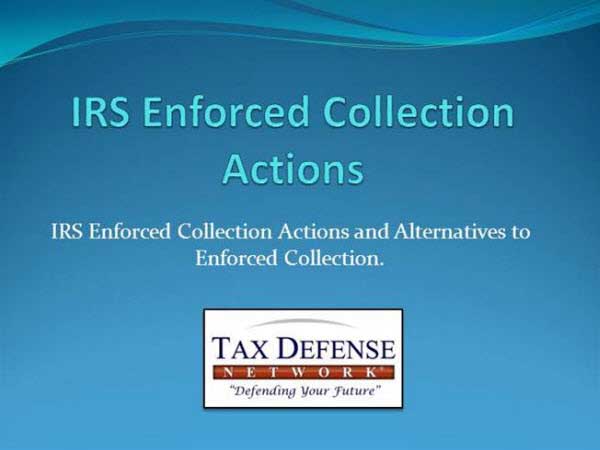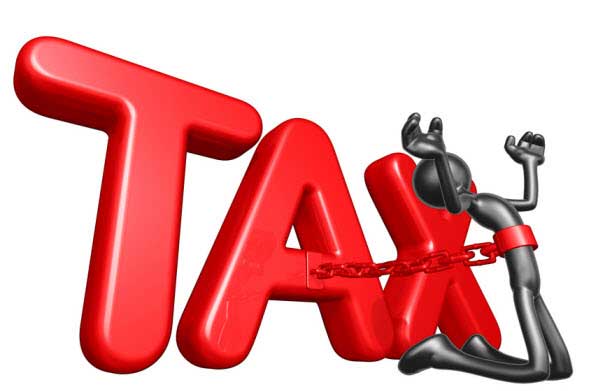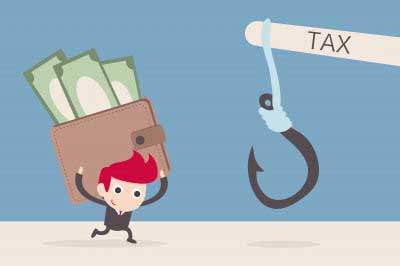PDFelement - Edit, Annotate, Fill and Sign PDF Documents

Taxpayers will face penalties in the United States for failures relating to federal, state or local tax issues. The Internal Revenue Service (IRS) is the body who oversees these penalties at the federal level and can only assert those penalties specifically imposed under the federal tax law. Tax debt payment failure penalties could range from monetary or even asset forfeiture. It may even lead to conviction which may include jail term for offenders. It can also apply for filing incorrect tax returns. In all, a taxpayer will face a whole lot of consequences for failure to pay taxes and that is what this article will look at.

Enforced Action Collection:The IRS is expected by law to enforce action collection if you fail to pay your tax debt. The enforced action collection could include issuing a notice of levy on your income, salary, bank account or even property. Accessing a trust fund recovery penalty or even issuing summon to the taxpayer to determine the taxpayer ability to pay.

Federal Tax Lien: It is important to understand that Federal Tax Lien is a government legal claim against your property when you fail to pay your tax debt. The lien will protect the government interest in all your property like personal property, financial assets and real estates.
The federal tax lien will be applicable after the IRS has accessed your liability by putting your balance due on the book and issuing you a notice of demand for payment after you have refused to pay your tax debt. At this point, the IRS will file a public document which is the Notice of Federal Tax to alert creditors of the government’s legal right to your property.

Levy:The IRS has the option of issuing a levy which permits the seizure of your property in order to extract a tax debt. It could mean garnishing wages, taking money from your bank or other financial accounts, seizing and selling your vehicles, real estates and any of your personal properties.

Federal Payment Levy Program: The IRS in conjunction with the Bureau for Fiscal Service is empowered to collect your overdue tax debt through a continuous levy on some certain federal payment which is disbursed by the BFS.
IRS will send a defaulting taxpayer a final notice- Notice of Intent to Levy and Notice of Your Right to a hearing. If nothing is heard from you within a 30 days period from the date of the final notice, then the IRS will now transmit the levy electronically to the BFS and note that this will apply to all federal payment that can be levied with the exception of some certain social security benefits.
Still get confused or have more suggestions? Leave your thoughts to Community Center and we will reply within 24 hours.